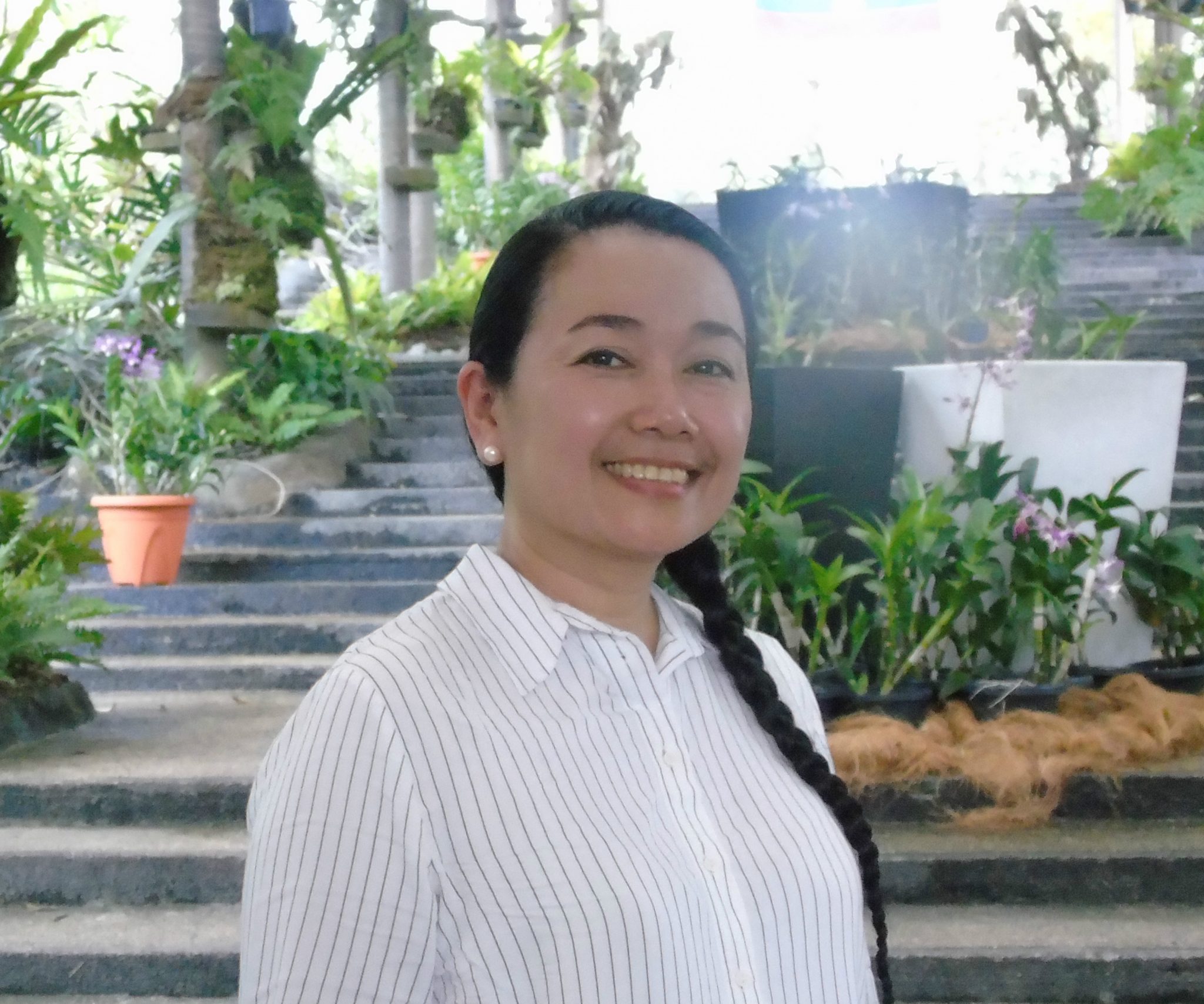
Country: Philippines
Alice Joan G. Ferrer is a Professor in Economics and Scientist in the Division of Social Sciences, University of the Philippines Visayas. Among her research interests are fisheries social science, fisheries policy, coastal fisheries governance, and gender in aquaculture and fisheries. She is currently the President of the Asian Fisheries Society, Coordinator of the Asian Fisheries and Social Science Research Network, National Deputy Director of the Economy and Environment Group Philippines, and the Executive Director of the Western Visayas Health Research and Development Consortium of the DOST-Philippine Council for Health Research and Development. She is a pioneer member of TBTI. She earned her BA Economics-Psychology from UP Visayas, and her Masters and Ph.D. (Economics) degrees from the School of Economics, University of the Philippines.
Q: What are you currently working on within the context of small-scale fisheries?
Currently, i am involved in two projects: 1) I am a member of a team working on the Philippines case for the global project, 'Illuminating Hidden Harvests: The Contributions of Small-Scale Fisheries to Sustainable Development' and 2) I am involved in a book writing project on small-scale fisheries governance and welfare impacts with contributions from four countries in Southeast Asia. I am also revisiting and updating data of my previous projects on small-scale fisheries using the interactive governance lens, hoping I can write articles and contribute more to the discussion and to the literature. I also promote the use of interactive governance framework in discussion on fisheries governance in the Philippines.
Q: If you could single out one or two most significant factors for securing sustainability of small-scale fisheries, what would these factors be?
The implementation of the 2014 SSF Guidelines (Voluntary Guidelines for Securing Sustainable Small-Scale Fisheries in the Context of Food Security and Poverty Eradication) will bring about a positive change in small-scale fisheries and will ensure and secure its sustainability. The full implementation (i.e., from document to concrete action) is challenging; it requires change in mind set, commitment and effort from all small-scale fisheries stakeholders, not just the government. However, there are countries taking steps in implementing the SSF Guidelines and showing the way to go for others. Although context is important in the implementation, the experience of countries that went ahead can provide lessons that many can learn from.















